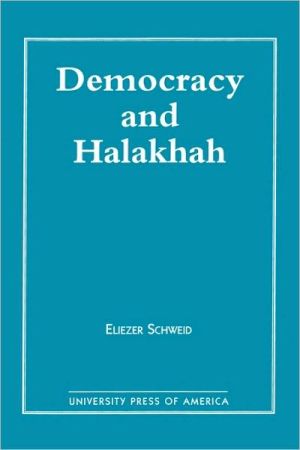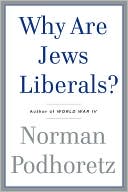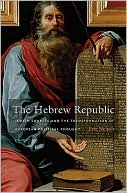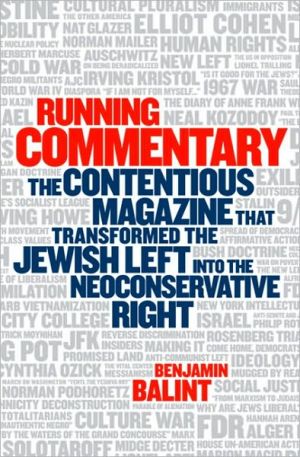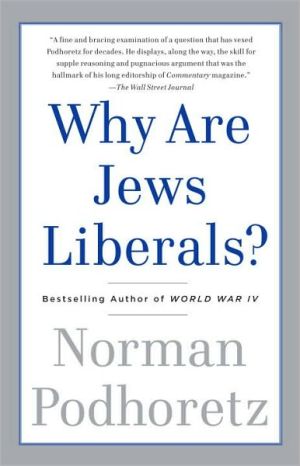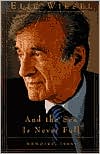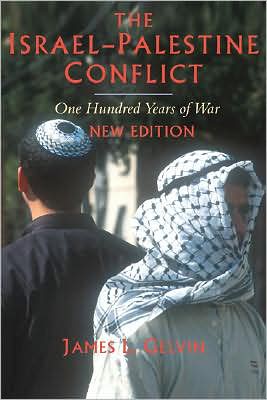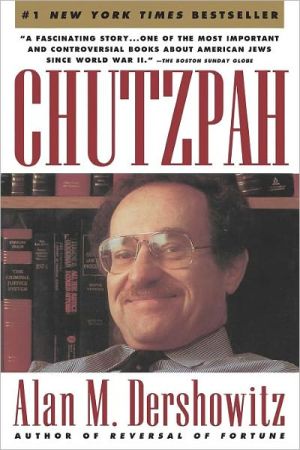Democracy and Halakhah
Eliezer Schweid in Democracy and the Halakhah analyzes the writings of Rabbi Haim Hirschensohn, one of the early Hebrew cultural pioneers who laid the foundation for the Zionist enterprise. Born in Safed Eretz Israel in 1857, Hirschensohn was pushed out of the fanatic Ashkenazi religious community and ended up as an Orthodox rabbi in Hoboken, New Jersey. His writings focus on finding a philosophic basis that could reconcile the Torah with the transformation forced upon the Jewish people by...
Search in google:
Eliezer Schweid in "Democracy and the Halakhah" analyzes the writings of Rabbi Haim Hirschensohn, one of the early Hebrew cultural pioneers who laid the foundation for the Zionist enterprise. Born in Safed Eretz Israel in 1857, Hirschensohn was pushed out of the fanatic Ashkenazi religious community and ended up as an Orthodox rabbi in Hoboken, New Jersey. His writings focus on finding a philosophic basis that could reconcile the Torah with the transformation forced upon the Jewish people by modernity so as to come out with a coherent systematic system of political thought that could encompass both. Co-published with the Jerusalem Center for Public Affairs.Author Biography: Eliezer Schweid is Full Professor of Jewish Philosophy at The Hebrew University in Jerusalem.
ForewordPrefaceIntroductionCh. 1The Challenge of Modern Issues1Ch. 2The Meaning of Nationalism7Ch. 3The Relationship to Secular Culture23Ch. 4The Temptation of Materialism29Ch. 5Torah and Life33Ch. 6On a Democratic State According to Halakhah47Ch. 7Social and Cultural Problems and Their Solutions77Ch. 8Yisraeli Educational Theory91Ch. 9The Issue of Biblical Criticism115Ch. 10A Critique of "False Concepts and Truth"129Ch. 11The Theories of Rabbi Hirschensohn and Rabbi Kook143Index155About the Author159
\ Daniel J. ElazarHirschensohn undertook one of the most comprehensive efforts of anyone to demonstrate how the traditional Torah and modern democracy went hand-in-hand, and as such could, and indeed must, serve as the foundation for the restored Jewish national home. In this rich little volume, Professor Schweid indicates how Rabbi Hirschensohn was not afraid to tackle the most difficult questions posed by modernity, nor did he fail to provide bold and daring responses to them from inside the system of Jewish law.\ \
